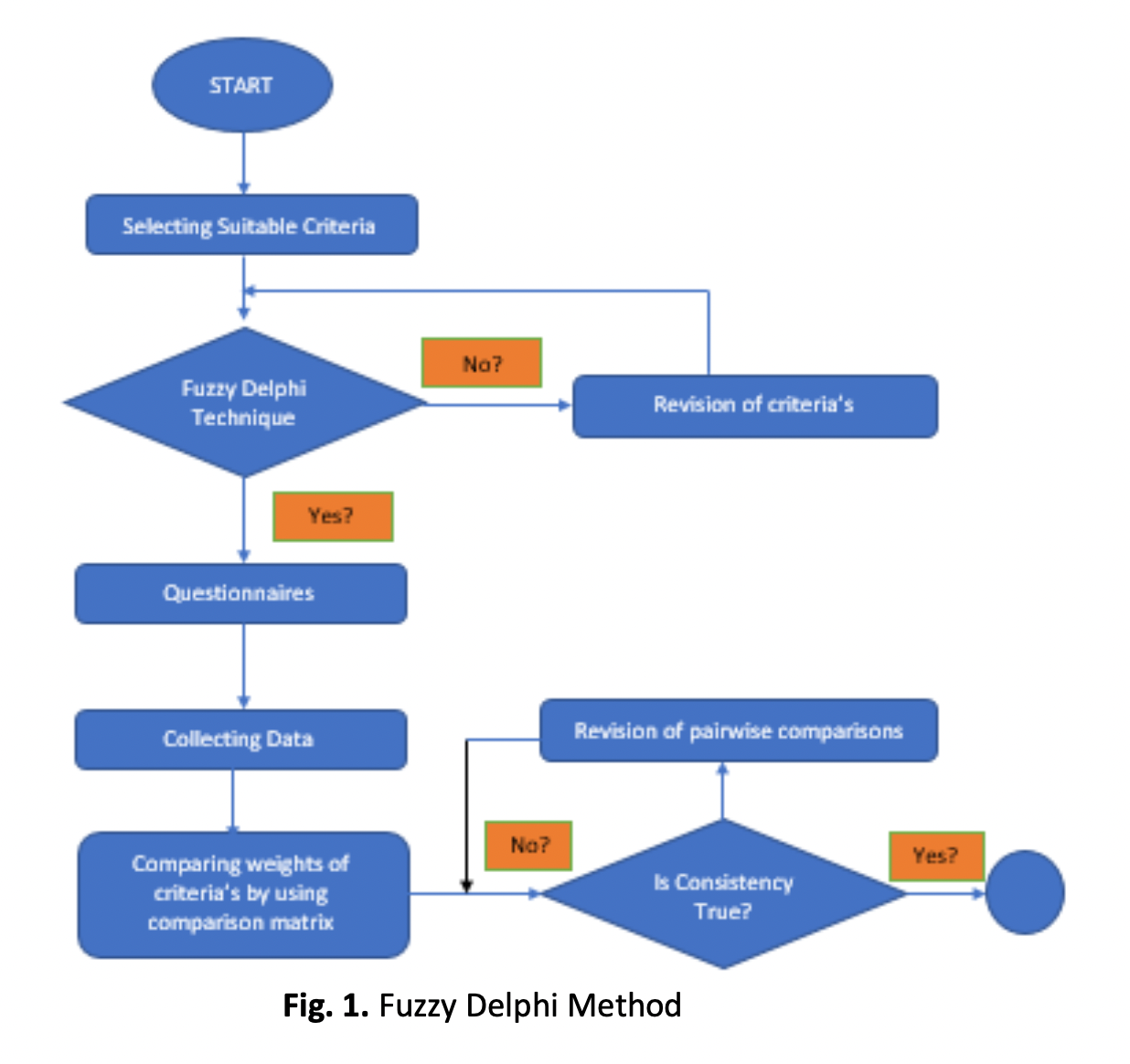A Sensitivity Analysis for Roles Selection in Hybrid Multi-Criteria Decision Making
DOI:
https://doi.org/10.37934/araset.31.1.210225Keywords:
Multi-Criteria Tacit Knowledge Acquisition Framework, Simple Additive Weightage (SAW), Weight Product Method (WPM), TOPSIS (Technique for Order Preference by Similarity to Ideal Solution), ELECTRE (Elimination and Choice Expressing Reality), CFPR (Consistent Fuzzy Preference Relations), sensitive analysisAbstract
The process of retaining leadership succession at higher education institutions (HEI) is crucial since it has entailed the process of selecting the ideal candidate. The goal is to guide universities toward maintaining organizations' excellence in their academic leadership and management (ALM) positions. Due to the lack of established standards for assessing the competency of possible successors at their home institutions, many ALM of Malaysia HEIs is difficult to identify the proper replacement for their posts. This study aims to propose a multi-criteria tacit knowledge acquisition framework (MC-TKAF) for supporting talent development intervention programs in Malaysia HEIs. It will be based on cognitive apprenticeship, socialization, and informal learning theory which is mostly used in acquiring knowledge from expertise to overcome talent bottlenecks among novices. Fuzzy Delphi will be used as the primary methodology in this study to gather agreement regarding the appropriate indicator to measure tacit knowledge competency among ALMs at Malaysian HEIs. There are three phases: Phase 1 involves analysing the current tacit knowledge acquisition (TKA) and identifying the appropriate parameters to build the intended framework. Phase 2 involves using the results of Phase 1 to create a new framework of tacit knowledge acquisition (TKAF) that is appropriate for the HEI environment. Phase 3's final objective is to assess the viability of the Talent Development Intervention Program's (TDIP) Tacit Knowledge Acquisition Framework (TKAF) utilizing the Multi-Criteria Decision Making (MCDM) approach. This paper's goal is to offer the hybrid MCDM approach as a talent performance indicator for the multi-criteria tacit acquisition framework. The final Phase 3 of the study design will essentially be the subject of this paper. The built-in indicators in this document may be utilized as a guide for the HEI sectors to create talent performance metrics that are appropriate for each TKA applied.
Downloads





























